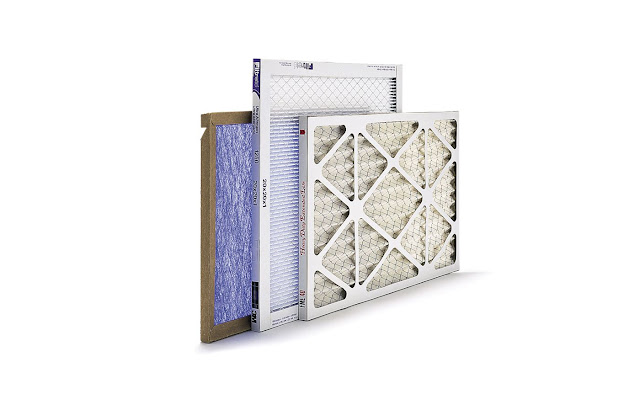Originally HEPA air filters would be
used in nuclear power plants and hospitals to give protection from harmful
airborne dust and dirt particles and diseases. But over the years, they have
entered the periphery of houses and offices. Today they have become relevant
for portable air purifiers, full-house air filtration systems and vacuum
cleaners. So, if you are also considering to buy a HEPA air filter, here are some advantages
and disadvantages that you should look into before getting one.
Advantages:
Reduces Symptoms of Allergy and Asthma:
Since most dust and dirt particles that arise the problem of allergy and asthma are larger in size, they are easy to get trapped in the HEPA filter. It is observed that HEPA hvac filters Roseau that are used in HVAC systems and portable air purifiers can absorb pollutants well and help reduce the symptoms of allergy and asthma.
Eliminates
Byproducts:
Easily Available:
HEPA filters can be available in a wide range of appliances like portable air purifiers, air filtration systems, vacuum cleaners, etc. So, it is easy to find an air filter that is HEPA one, labelled as ‘HEPA’ or ‘Absolute HEPA’. However, steer clear of labels like ‘HEPA-styled’, ‘HEPA-like’ or ‘HEPA-type’. These will not be as good as authentic HEPA filters
Disadvantages:
Unable to Remove All Particles:
Even though these filters can remove all large particles, it is beyond their capacity to trap particles smaller than 0.3 microns, for instance some bacteria, viruses and VOCs (Volatile organic compounds). VOCs found in hairspray are too small to be trapped inside HEPA filters. Though these filters can catch mold spores, the moisture in the air can make the spores grow inside the filter. This will spread the mold and do more harm than good to you. So, it’s advisable to fit an antimicrobial pre-filter before the HEPA one so that the mold spores are destroyed in the pre-filter.
Frequent
Replacement Required:
Since HEPA dustlock home filters absorb most particles, it can create the problem of clogged pores. So, these filters need to be replaced frequently in order to keep them in a well-functioned condition. On an average these filters can last up to 3 years.




No comments:
Post a Comment